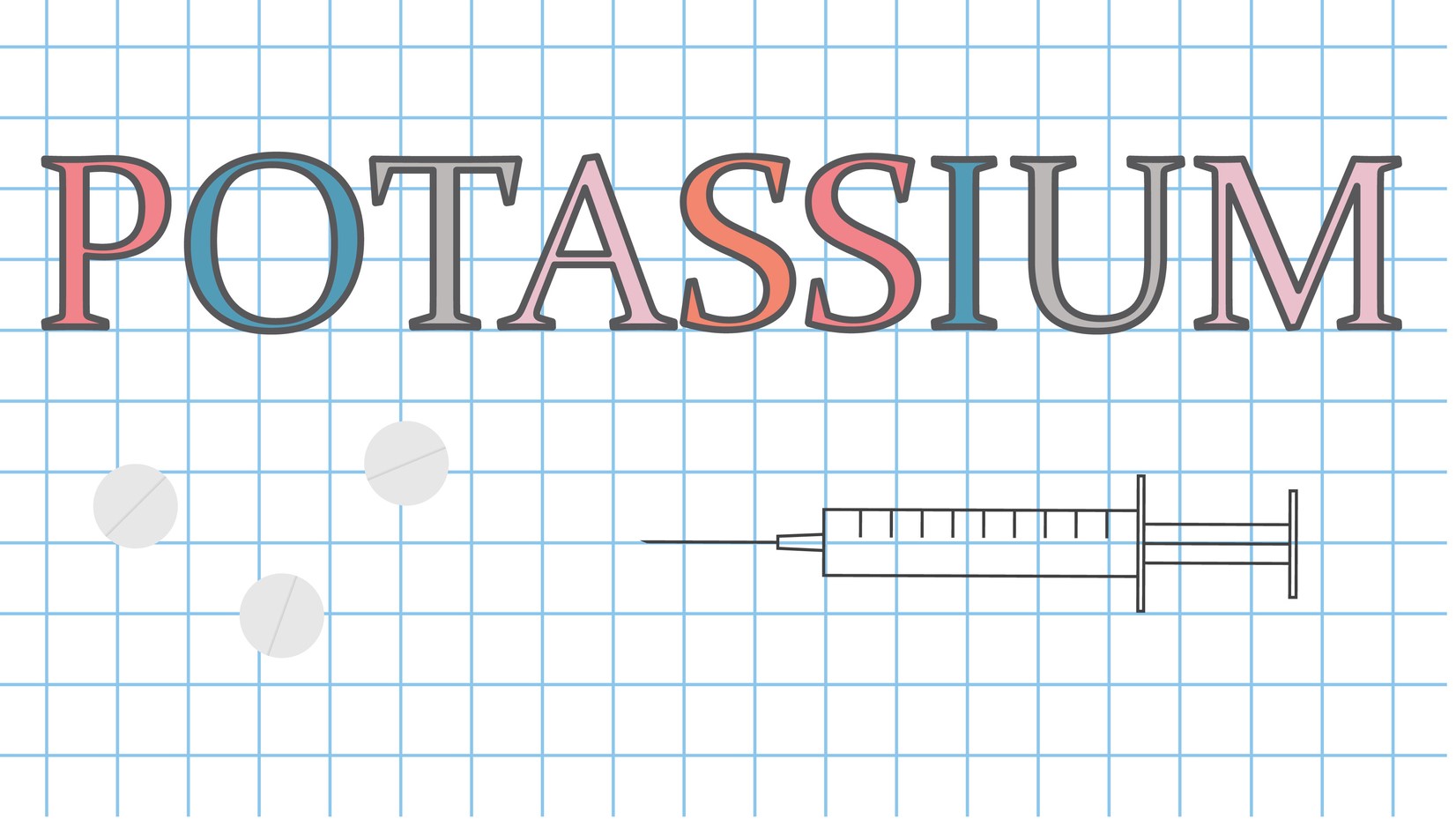Hyperkalemia is a potentially life-threatening electrolyte disorder and is more often seen in people who have End Stage Kidney Disease than the general public. For people WITHOUT kidney failure, potassium, an important mineral within the body, helps regulate fluid balance, muscle contractions and nerve signals. When people eat more potassium than their body needs, the kidneys filter and excrete out any extra through the urine. However, when the kidneys do not work, potassium can build up in the blood and cause hyperkalemia/high potassium. You can learn more about foods high in potassium and hyperkalemia in Issue 10 of our patient newsletter, The Kidney Citizen. You also can learn more about the basics of kidney disease and potential problems such as hyperkalemia on our website at https://www.dpcedcenter.org/news-events/news/basics-of-chronic-kidney-disease/.
One of the drugs used to treat hyperkalemia in kidney patients is LOKELMA*. On April 27th 2020, the US Food and Drug Administration (FDA) approved a label update in the US for AstraZeneca’s LOKELMA® (sodium zirconium cyclosilicate) to include a dosing regimen specifically to treat hyperkalemia in patients with end-stage renal disease on chronic hemodialysis. You can learn more about this at either https://www.lokelma.com/ or at https://www.businesswire.com/news/home/20200427005183/en/LOKELMA-Label-Updated-Include-Dosing-Guidance-Treatment




